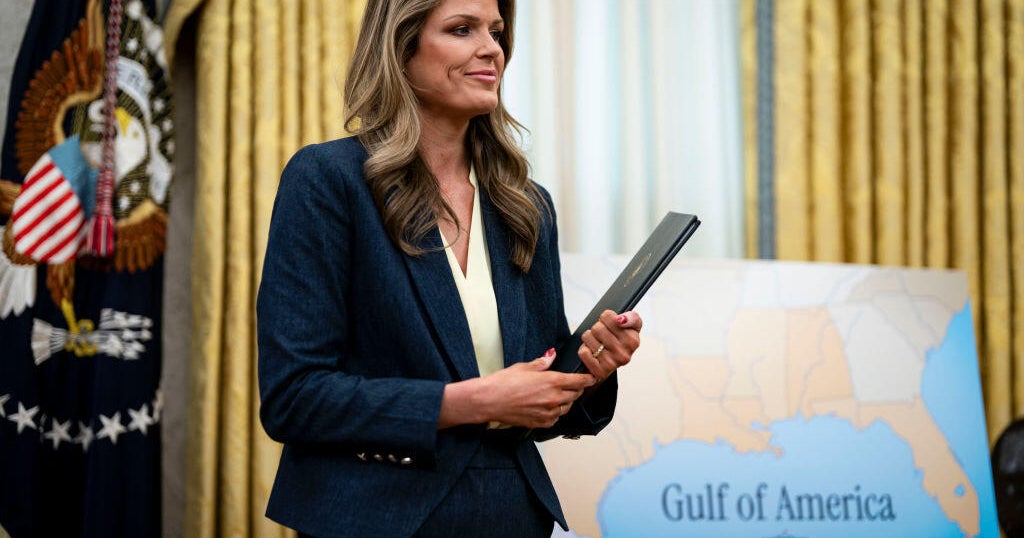
Since President Trump’s recent announcement regarding the supposed causes of autism, anti-vaccine groups have found themselves in a state of disarray. The president’s comments, which implicated Tylenol and folate deficiency as potential culprits, left many activists debating the implications for their movement. While some supporters of the anti-vaccine agenda were elated that their cause was receiving national attention, others were left frustrated that vaccines were not the primary target of the blame.
The press conference, marked by mixed messaging, featured Trump alongside Robert F. Kennedy Jr., the Secretary of Health and Human Services. The duo suggested that Tylenol, the over-the-counter pain reliever, could be linked to autism—a claim lacking support from any credible medical organization. Kennedy also hinted at ongoing studies that might implicate vaccines, suggesting that further investigations were in the works at HHS.
Confusion among anti-vaccine advocates was palpable, as many were bewildered by the omission of vaccines as a central figure in the autism narrative. Trump spent considerable time disparaging Tylenol, fumbling over its generic name, Acetaminophen, while also reiterating his belief in the need for parents to spread out their children’s vaccinations. This stance contradicts established medical guidance that affirms the safety and efficacy of administering multiple vaccinations in a single visit.
Longtime activists like John Gilmore, who operates the Autism Action Network, interpreted Trump’s remarks as a clear endorsement of the belief that vaccines are a significant cause of autism. He expressed optimism that this would be just the beginning of more favorable discourse for the anti-vaccine movement.
On the other hand, Nicole Shanahan, Kennedy’s former running mate, praised the press conference and the officials involved. She expressed her delight on social media, commending Trump for what she perceived as a bold step toward revealing uncomfortable truths about childhood vaccinations.
However, not everyone shared in the enthusiasm. Criticism surfaced almost immediately, especially from groups like Children’s Health Defense, where Kennedy had previously held a leadership role. Mary Holland, the president of CHD, dismissed the announcement as a “sideshow,” insisting, “Tylenol is not the primary cause. Vaccines are the primary cause.” This sentiment was echoed by Steve Bannon during a podcast, where he voiced his agreement with Holland’s assertion.
Dr. Ben Tapper, a chiropractor and anti-vaccine influencer, joined the chorus of dissent, asserting that the rise in autism rates is exacerbated by the administration of Tylenol following vaccinations. He claimed that vaccines are the true culprits, igniting the issue, while Tylenol merely fuels the fire.
Even Dr. Simone Gold, known for her controversial stances on various medical topics, weighed in, acknowledging some potential concern regarding Tylenol but reaffirming that the rise in autism cannot solely be attributed to the medication. She emphasized the need for broader investigation into toxins, vaccine ingredients, and pharmaceutical practices.
As the narrative surrounding Tylenol unfolded, some activists expressed concern that the focus on the drug could wrongly implicate mothers of autistic children, a demographic that forms a significant part of the anti-vaccine movement. Jessica Rojas, an outspoken anti-vaccine advocate, reassured her followers that the blame should not rest on their shoulders, stating, “Gaslighting ends here. It’s NOT the Tylenol. You’re not to blame, mamas. We believe you.”
In a twist, some individuals, including Derrick Evans—a convicted felon pardoned by Trump—sought to deflect responsibility away from the president and Kennedy, instead pointing fingers at a Harvard public health official for the connection between Tylenol and autism.
The federal government, meanwhile, reaffirmed the claims made during the press conference, with the HHS reposting a 2017 tweet from Tylenol’s brand account, warning against the use of the drug during pregnancy without medical consultation.
The anti-vaccine and “health freedom” movements have historically held diverse and often conflicting beliefs regarding the causes of autism. While some activists insist vaccines are solely to blame, others extend their criticism to include various environmental factors. Research has demonstrated a shift in the messaging of anti-vaccine advocates, who increasingly frame their arguments around civil liberties rather than specific medical claims.
As anti-vaccine groups continue to navigate this new narrative, autism experts have expressed deep concern regarding the potential misinformation stemming from the press conference. Dr. Alycia Halladay, chief science officer at the Autism Science Foundation, cautioned against associating acetaminophen with autism, stating that such claims are based on tenuous science and could mislead families seeking factual information. She emphasized that the long-held belief linking vaccines to autism is unsupported by scientific evidence.
Alison Singer, president of the Autism Science Foundation, echoed these sentiments, questioning the rationale behind Trump’s statements. She expressed alarm over the implication that parents could be blamed for their child’s autism based on the president’s comments, highlighting that such rhetoric is reminiscent of past harmful narratives.
As the dust settles from this chaotic moment in the anti-vaccine movement, it remains clear that the struggle for coherent messaging continues, with serious implications for public health and the families affected by autism.


